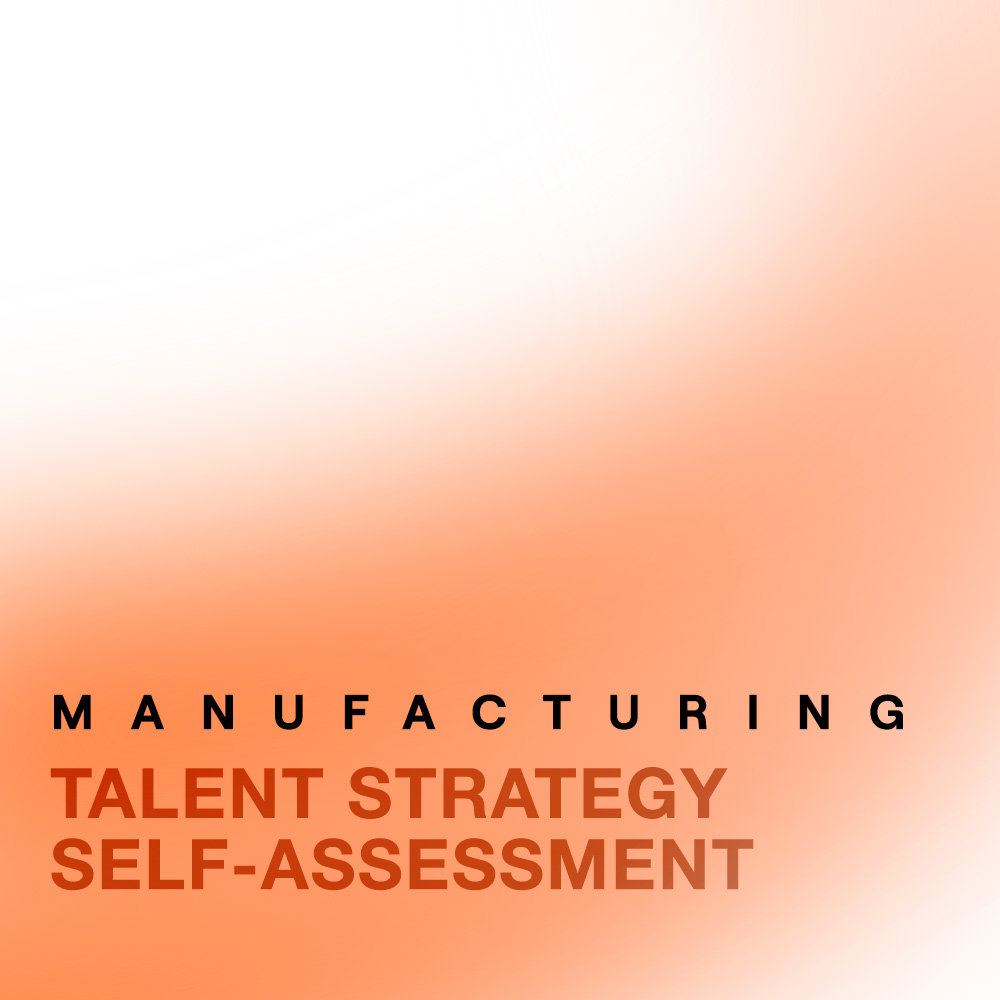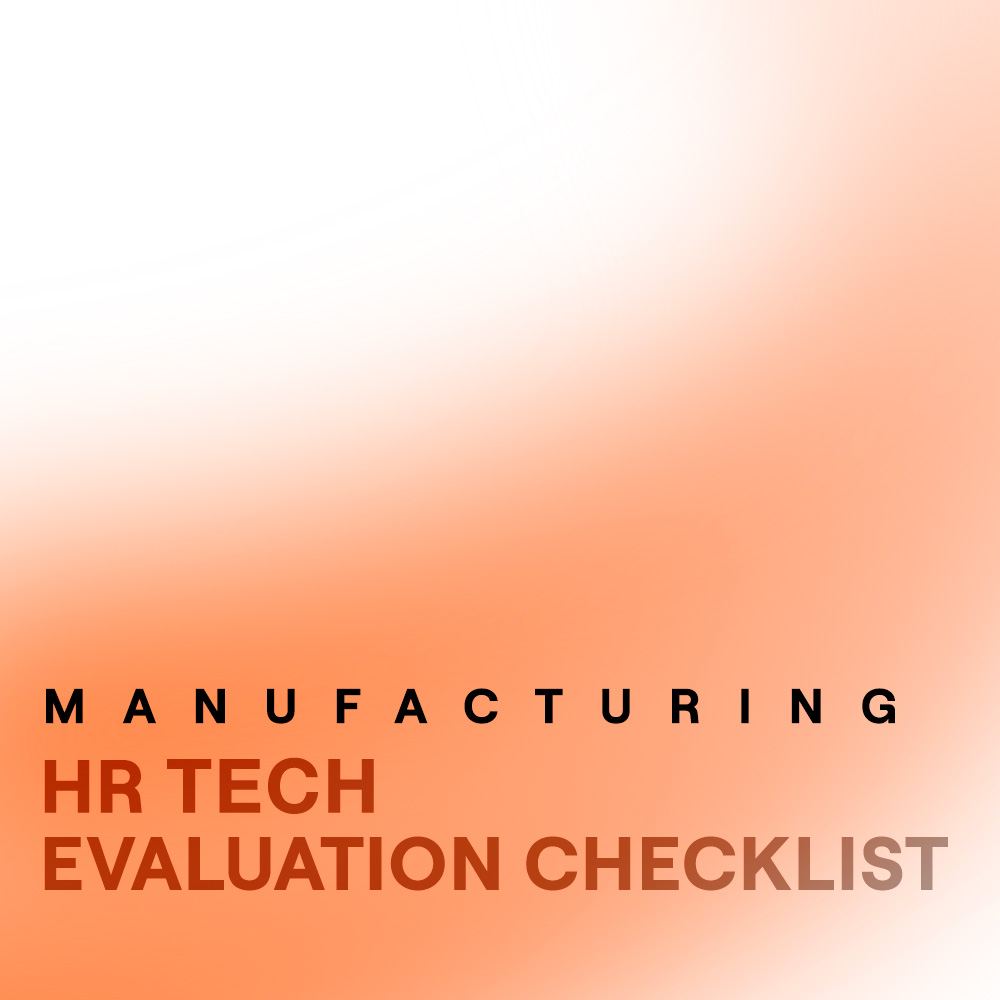
Clemens Food Group's Hiring Recipe for Balancing Quality and Quantity in Manufacturing
For Brandon Shepherd, Sr. Manager, Talent Acquisition at Clemens Food Group, modernizing hiring wasn't sparked by a crisis or a mandate from leadership. Based in Hatfield, Pennsylvania, the sixth-generation pork processor is one of the largest in the U.S. — but the drive to transform came from something simpler: a team that refuses to settle.
When Shepherd joined Clemens, the recruiting operation ran on paper. All paper. Massive custom-built filing cabinets lined the office walls, each holding folders with roughly 25 pages of documentation per hire.
"Everything was done on paper. Every single thing," Shepherd recalled. "You could probably say we were the natural enemy to trees," he joked.
The catalyst for change came from an unexpected source: a new hire on Shepherd's team who had used Phenom at a previous company. That conversation set off a six-week collaborative evaluation that would transform how Clemens competes for workers in rural locations and manages high-volume manufacturing hiring.
Read on for Clemens’ highlights during Phenom Industry Week: Manufacturing Day!
The Opportunity to Modernize High-Volume Manufacturing Hiring
Before the team could evaluate solutions, they needed to fully understand the scope of what needed fixing. When a candidate arrived for an interview at Clemens, they encountered multiple check-in points, document collection stages, and information handoffs between departments. For a company committed to operational excellence in food manufacturing, the talent acquisition process had room to reflect that same efficiency.
"You already have a file on the person before they even walked in your door," Shepherd noted. "We stapled that together and put it in our eight-by-eleven-foot cabinets."
Beyond the paper processes, Clemens had been using multiple ATS systems over the years. What Shepherd and his team found was that their existing system functioned primarily as a static database. "It felt more like it was a repository of candidates. It didn't do anything else. People applied and then they disappeared," he explained.
Every time the team needed to open a new requisition, it meant starting a completely new search. "Any time we had to open up a new rec, that is opening up a completely brand new search and trying to find brand new people to apply for the role every single time," Shepherd said.
Silver medalists — qualified candidates who came close but didn't receive an offer — weren't being rediscovered for new opportunities. The company also had limited visibility into candidates who started applications but didn't complete them. Operating across multiple locations, including some rural areas and with a workforce speaking 15 different languages, Clemens needed a way to maximize the value of every candidate interaction.
Why They Chose Phenom
During that six-week evaluation, the team had clear criteria. "No decision that is made here is made in silos," Shepherd explained. "We're huge on collaboration… about talking to people and understanding. It's really the human connection that helps us make better decisions every single day."
The team had to evaluate whether they had the bandwidth to implement new technology and whether they had the habits to sustain it. What they found in Phenom was a platform that aligned with their competitive mindset — a comprehensive solution that could help them compete not just within food manufacturing, but against best-in-class talent acquisition teams across any industry.
One Phenom capability stood out among the rest: Intelligent Sourcing (Phenom AI Discovery). The feature would allow them to identify passive leads and rediscover both internal and external talent who had previously applied.
Phenom's skills-based hiring capabilities also aligned with where talent acquisition was heading. "Skills-based hiring is something that really aligns you to your core and allows you to speak the same language as your hiring manager and find the best talent that fits not only the skills, but also who we want to be and who we are," Shepherd explained.
Clemens implemented numerous Phenom solutions with Intelligent Sourcing as the cornerstone, coupled with their new Career Site and Talent CRM for automated campaigns and candidate engagement capabilities.
Surfacing Qualified Candidates in Hours Instead of Weeks
The impact of Phenom's Intelligent Sourcing became clear immediately. Instead of starting every search from scratch, recruiters could now see qualified candidates resurface based on skills matching.
"Within moments to 24 hours, I can have all the people who have fit that category based on their skills resurface to me," Shepherd explained. "That is tremendous. Because that could be a silver medalist that I might have forgotten about, or maybe I didn't tag or put in the title."
The validation of its power came recently when one of Shepherd's recruiters was working on a role. As they sourced through Intelligent Sourcing and had conversations, they identified silver medalists and shared these profiles with the hiring manager. "The hiring manager actually decided to open up another role, and that silver medalist that they found was someone who resurfaced through the system and said, 'Hey, this is an A-fit, or 'Hey, this is a B-fit,'" Shepherd explained. "And they said, you know what, let's hire that person too."
The result was two quality hires instead of one, with the second coming from a candidate already in their system.
These results have strengthened the partnership between talent acquisition and hiring managers. Recruiters can now walk into conversations with data on pipeline depth and skills-based matches. "I'm able to speak the same language," Shepherd said. "I understand what's going wrong. I understand the pain that you're going through as well of what's not being filled. That pressure. I don't want to sit across the table from my hiring manager. I want to sit beside them, at the table, trying to figure out how we're going to find the best talent for what we need.”
When showing hiring managers what Phenom enables, they get excited about the pipeline that can be surfaced quickly. The team talks about opportunity costs — understanding that each week time to fill increases, there's cost to the business.
Beyond Intelligent Sourcing: Automating Candidate Engagement
The Phenom team also worked with Clemens to build automated nudge campaigns. One unexpected benefit? The ability to capture and re-engage candidates who started but never finished their applications."We never used to capture or know how many people started an application and didn't finish," Shepherd recalled. "We also didn't know how to communicate with those people."
Now, Phenom automatically highlights incomplete applications and triggers nudge campaigns to encourage candidates to finish. "It allowed us to increase the amount of applications because it's going back to those people and saying, hey, you didn't finish," Shepherd explained.
The team continues building their campaign infrastructure in Phenom. "There's so many different ways, whether you're doing just a regular campaign, an outreach campaign, always on, nudge, however you want to do it," Shepherd noted. "It allows us to be in multiple places at the same time."
Future Functionalities
Phenom Automated Interview Scheduling sits at the top of Clemens' roadmap for their next phase with Phenom. "I think that will be a game changer for us," Shepherd said. The company currently uses a scheduling tool that functions as a plugin, which has to be updated any time internal systems are updated. "If you can imagine, that means it turns off and people can't schedule."
With Phenom, they’ll eliminate that dependency and automate another manual touchpoint.
Beyond recruiting, Clemens is exploring how to apply AI across the broader employee experience. The team is looking at ways to use Phenom's capabilities in HR and team member relations, creating deeper connections between HR business partners and the teams they support to better understand business impacts and employee needs.
Competing With Best-in-Class Through Technology
Shepherd's team doesn't just benchmark themselves against food manufacturers. "We try to compete not only with our industry, but also with everyone in talent acquisition," he noted. "We're looking to say, how can we compete with that?"
To that end, the team conducts post-mortems after each difficult role to understand what went wrong and how to fix it for the future. They look at data differently now, examining not just how many people apply to a requisition but historical patterns of how many times they've had to open similar roles and what the differences were.
"It is actually increasing a human's ability to communicate," Shepherd explained about AI's impact. "Instead of me trying to figure everything out, now we're talking. Now we're using our tools to make us more efficient so that now we can actually zone in on exactly what we want and also zone out of exactly what we don't want."
The evolution from recruiter to business partner has accelerated. "I have seen it start to shift and then accelerate very recently. And when I say recently, I'll say maybe like the last 18 months," Shepherd noted.
When asked what he'd tell someone sitting on the sideline, saying they don't trust AI or automation, Shepherd offered a practical perspective. "Technology is changing always, and technology is always a tool. It makes our lives more efficient. It makes our life easier. So don't avoid technology. Don't avoid AI. Learn it. And then if you can learn how to utilize it, you're going to be better at your job."
That mindset — finding every efficiency, pushing every boundary — defines Clemens' approach. "We're out here trying to squeeze $1.25 out of $1," Shepherd said.
The filing cabinets are still there, but they're mostly empty now. And somewhere in Clemens' talent pipeline right now, a silver medalist is getting a second look — because a sixth-generation company decided that competing with the best means using the best tools available.
Get a complimentary High-Volume Hiring Audit to discover how AI can help your recruiters shift from administrative tasks to strategic advisory.
Fariya Banu is a content marketing writer at Phenom who loves decoding buyer psychology and crafting stories that convert. With engineering and marketing expertise, she brings analytical thinking to creative storytelling. When not writing, she's snorkelling, cooking, or diving into any adventure that sparks curiosity.
Get the latest talent experience insights delivered to your inbox.
Sign up to the Phenom email list for weekly updates!










